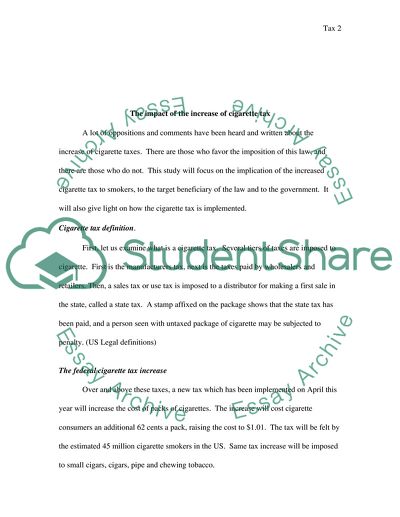Cite this document
(“The Impact of the Increase of Cigarette Taxes Term Paper”, n.d.)
The Impact of the Increase of Cigarette Taxes Term Paper. Retrieved from https://studentshare.org/macro-microeconomics/1554122-cigarette-taxes
The Impact of the Increase of Cigarette Taxes Term Paper. Retrieved from https://studentshare.org/macro-microeconomics/1554122-cigarette-taxes
(The Impact of the Increase of Cigarette Taxes Term Paper)
The Impact of the Increase of Cigarette Taxes Term Paper. https://studentshare.org/macro-microeconomics/1554122-cigarette-taxes.
The Impact of the Increase of Cigarette Taxes Term Paper. https://studentshare.org/macro-microeconomics/1554122-cigarette-taxes.
“The Impact of the Increase of Cigarette Taxes Term Paper”, n.d. https://studentshare.org/macro-microeconomics/1554122-cigarette-taxes.


